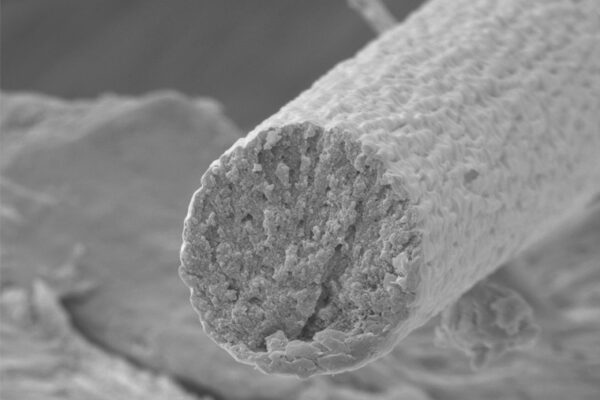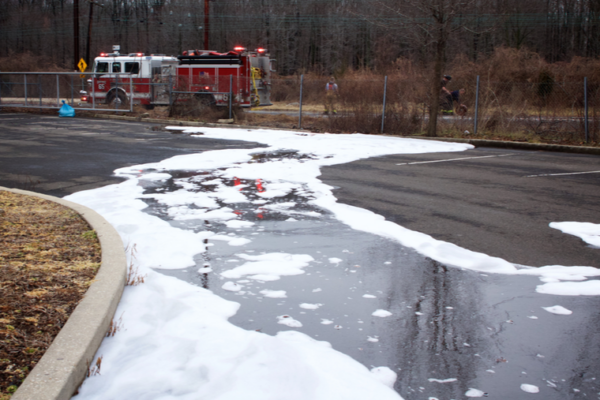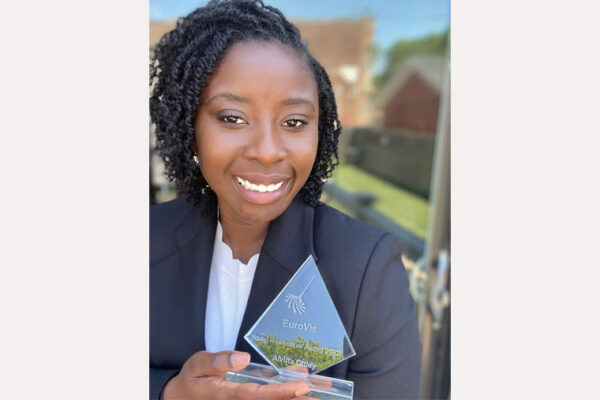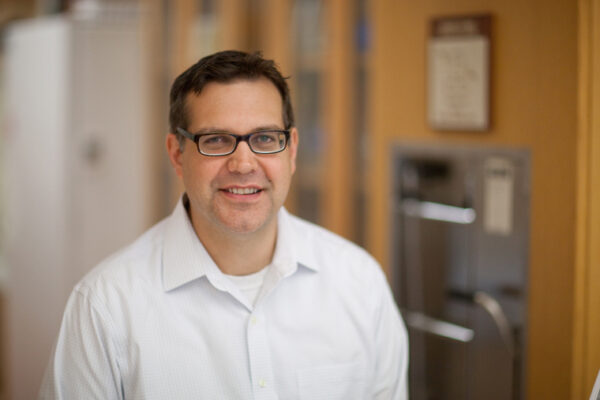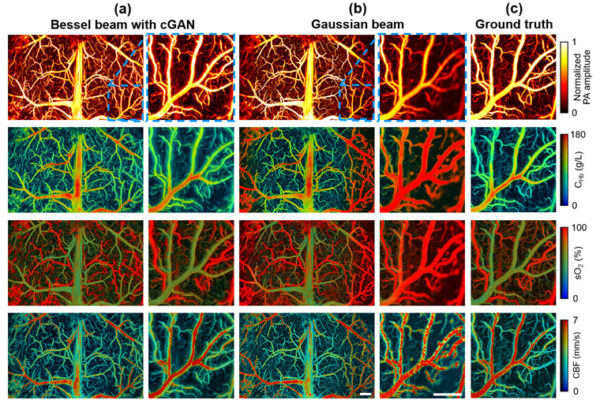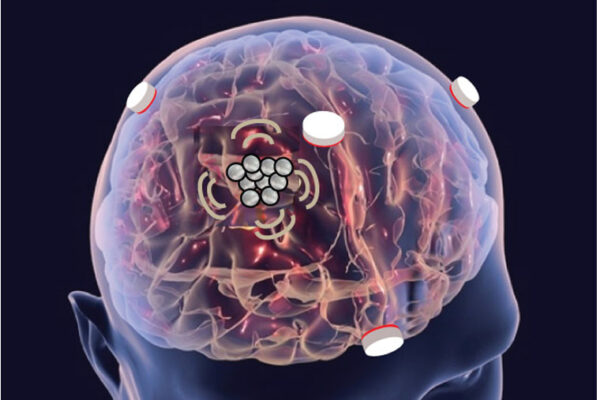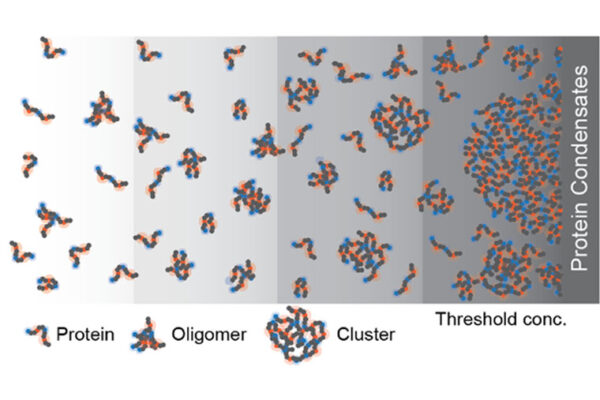Parker receives grant to study mechanics behind ‘dicamba drift’
Kimberly Parker at the McKelvey School of Engineering will use a grant from the Herman Frasch Foundation for Chemical Research to better understand dicamba volatilization.
NSF grant to help Zhang lab build better muscle with synthetic biology
Fuzhong Zhang, at the McKelvey School of Engineering, will use a National Science Foundation grant to more closely study the muscle fiber titin, along with other exotic materials.
New bioremediation material can clean ‘forever chemicals’
The McKelvey School of Engineering’s Joshua Yuan and collaborators have developed a plant-based material to help safely clean up harmful “forever chemicals.”
Researchers to study cardiac disease pathogenesis
Washington University’s Michael Greenberg, Kory J. Lavine, MD. PhD, and Nathaniel D. Huebsch have received a three-year $300,000 grant from the American Heart Association to study the immune system in cardiac disease pathogenesis and repair.
Ottley receives awards at EuroVis 2022
Alvitta Ottley, assistant professor at the McKelvey School of Engineering, recently received the Young Researcher and Best Short Paper awards at the EuroVis annual visualization conference. The awards recognize Ottley’s research in creating personalized and adaptive visualization systems.
NSF funds training program to boost regional quantum workforce
The National Science Foundation is investing $3 million in a new graduate student training program for aspiring scientists and educators who want to explore careers in quantum science at St. Louis-area research laboratories, private companies and other facilities.
Silva receives award from American Heart Association
The American Heart Association has recognized the McKelvey School of Engineering’s Jonathan Silva with its Established Investigator Award. The five-year $400,000 award will support his work into precision medicine for patients with irregular heartbeat.
A one-two punch for photoacoustic imaging
A team led by Song Hu at the McKelvey School of Engineering found a way to measure biomarkers in the body with higher accuracy by combining a Bessel beam with deep learning.
Wearable ultrasound sensors for human brain in development
The McKelvey School of Engineering’s Hong Chen and her team are developing tiny sensors to detect blast-induced traumatic brain injury with new funding from the Office of Naval Research.
New structure found in cells
A research group led by Rohit Pappu in the McKelvey School of Engineering and Anthony Hyman at the Max Planck Institute have discovered a new, relevant level of structure in cells.
View More Stories

